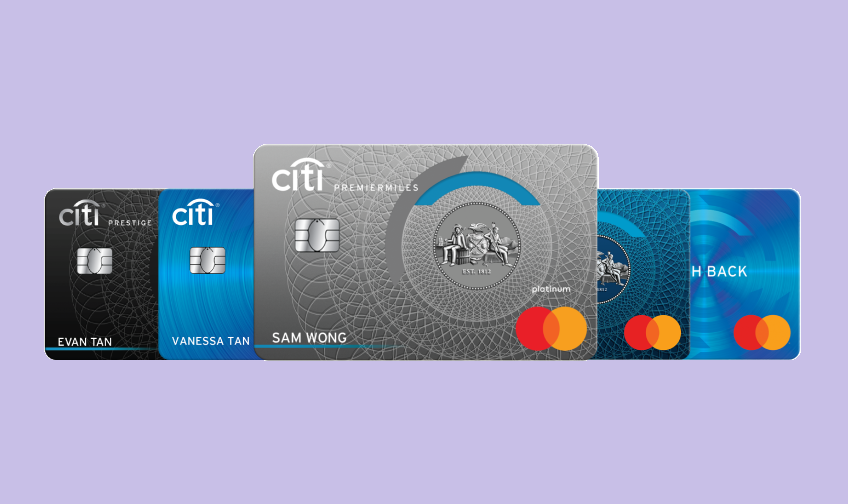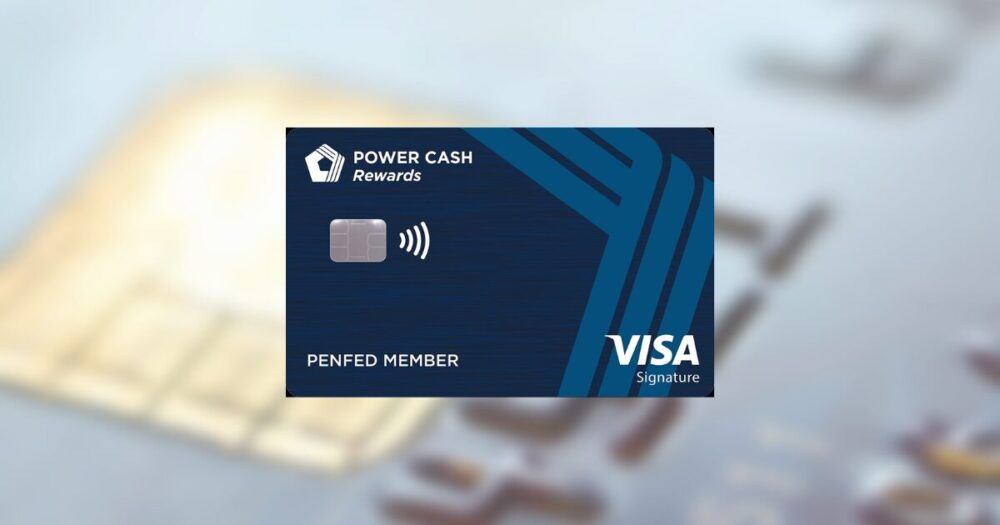Credit Cards with Rewards: Are They Worth It?

Unlocking the Benefits of Rewards Credit Cards
Imagine enjoying your favorite meals at a high-end restaurant, traveling to breathtaking destinations like the beaches of Cancun or the cities of Europe, or shopping for the latest tech gadgets—all while earning rewards that bring you closer to those experiences. Rewards credit cards are not just tools for making purchases; they can be your passport to a richer lifestyle, allowing your everyday spending to translate into exciting rewards. However, the world of rewards credit cards is intricate, and it demands mindful consideration to maximize their benefits.
Choosing the right rewards card can significantly influence your financial journey. It’s essential to understand the various types of rewards available to you. Here are some compelling advantages to ponder:
- Cashback: Many rewards cards offer a percentage of your purchases back as cash. For instance, if you have a card that gives you 2% cashback on groceries, every $100 spent earns you $2 back. Imagine the savings over a year as you stock up on your essentials!
- Travel Miles: Accumulate points that can be redeemed for flights, hotel stays, or even car rentals. A classic example is the airline partners who often run promotions that can accelerate your point accumulation, allowing you to book a dream vacation sooner than anticipated.
- Exclusive Deals: As a cardholder, you gain access to member-only deals and promotions, which can save you substantial amounts on items or experiences you wish to purchase. Whether it’s discounts at your favorite retailers or early access to sales, these perks can enhance your shopping experience.
Despite these attractive benefits, navigating the rewards landscape requires careful management of your financial habits. To truly benefit from rewards credit cards, it’s crucial to:
- Understand annual fees and their impact on your overall savings. Some cards may charge a higher annual fee but offer more lucrative rewards, so calculating the cost versus rewards earned is essential.
- Pay your balance in full each month to avoid incurring interest charges that can negate the benefits of any rewards earned. This discipline not only helps maintain good credit but keeps your finances in check.
- Evaluate if the rewards overlap with your lifestyle. If you rarely travel, a card focused on travel rewards may not be the best fit. Look for cards that align with your spending habits, whether that’s for dining out, groceries, or gas.
By taking the time to weigh these factors, you can unlock valuable rewards that truly enhance your lifestyle. The thrill of redeeming points for your next vacation or enjoying a surprise cashback can transform mundane spending into an exciting adventure. So, the question remains: are these cards truly worth it? With thoughtful consideration and responsible financial management, rewards credit cards can indeed serve as a valuable ally on your financial path. Let’s dive deeper into how you can make these rewards work for you responsibly and effectively!
DISCOVER MORE: Click here to learn how to apply
Maximizing the Potential of Rewards Credit Cards
As you begin to explore the world of rewards credit cards, it’s vital to understand the nuances that make these financial tools not just appealing, but potentially transformative to your financial landscape. While the allure of earning rewards presents exciting opportunities, the reality is that realizing their full value requires you to be both proactive and intentional in your approach.
The first step toward maximizing benefits lies in recognizing the myriad of options available. Different credit cards cater to different lifestyles and spending habits, and knowing how to match your financial behavior with the right rewards program can unlock powerful benefits. Consider the following categories and their distinctive rewards:
- Dining Rewards: If you are passionate about food and enjoy dining out, many credit cards offer elevated rewards for restaurant purchases, sometimes as high as 3x points. This means if you frequently eat at local spots or indulge in takeout, those meals can generate significant rewards that contribute to your travel or cashback goals.
- Groceries and Essentials: For families and individuals who spend considerable amounts on groceries, a card that provides bonus points on these purchases can add up quickly. Some cards offer specialized categories for grocery shopping, allowing you to capitalize on discounts that reflect your everyday needs.
- Travel Partners: If wanderlust drives your spending, selecting a rewards credit card associated with specific airlines or hotel chains can yield substantial rewards, especially during promotional periods. By booking flights and accommodations through those partners, you could earn bonus miles that accelerate your path to that dream vacation.
The benefits of rewards credit cards expand beyond the accumulation of points; they engage you in strategic financial behavior that can lead to smarter spending. However, the power of these rewards hinges on one essential principle: responsible utilization. Without the right approach, the temptation to overspend can arise, undermining any potential financial gains. Here are key strategies to keep in mind:
- Budget Wisely: Always establish and adhere to a budget to prevent impulsive purchases. Knowing your limits allows you to enjoy the rewards without falling into the trap of accumulating debt.
- Track Your Rewards: Regularly monitor your rewards accumulation to stay aware of any expiration dates or changing program features. Understanding your progress can motivate you to make the most out of your spending patterns.
- Research Promotions: Many card issuers run limited-time promotions that allow for bonus rewards on certain categories. Stay informed and leverage these promotions to maximize your earnings when it aligns with your spending.
Taking these measures will not only help you navigate the rewards landscape but also instill a sense of financial discipline that is invaluable in today’s consumer-driven world. With every responsible use of your rewards credit card, you’re not just collecting points but crafting a pathway toward enriching experiences and significant savings. As the journey unfolds, you may find that the rewards potential is indeed worth the effort, providing both excitement and a means to enhance your financial well-being.
DISCOVER MORE: Click here to learn about the impact of consumer culture on wealth
Understanding the True Cost of Rewards Programs
While the prospect of earning rewards may seem enticing, it is crucial to delve deeper into the associated costs that can sometimes overshadow the potential benefits of rewards credit cards. Many consumers may overlook significant fees, interest rates, or terms that could ultimately undermine their rewards accumulation efforts. By arming yourself with knowledge, you can make informed decisions that enhance your financial growth.
One of the primary considerations is the annual fee. Many of the best rewards credit cards come with additional costs that could eat into your rewards earnings. While some cards justify these fees with impressive benefits—such as travel credits, complimentary lounge access, or extensive insurance coverage—others may not offer enough value to warrant the expense. It’s essential to conduct a cost-benefit analysis; compare the rewards you anticipate earning against the associated fees to determine whether the card aligns with your financial goals.
Another essential factor to consider is the interest rate on your rewards card. High-interest rates can quickly diminish the value of any rewards gained if you carry a balance month after month. If you’re a responsible spender and pay off your balance in full each month, you can reap the rewards without falling prey to costly interest. However, if you find yourself relying on your credit card to meet expenses you can’t immediately cover, the drawbacks may outweigh the benefits. Prioritizing payment of your balance is critical.
Incentives versus Real World Costs
When considering rewards credit cards, it’s important to examine the rewards structure. Almost all rewards programs come with specific rules about how points can be earned and redeemed. For instance, some cards offer higher points in particular categories, while others may impose limits or restrictions on reward usage. This can lead to situations in which you find it difficult to redeem your points or experience limitations that lessen their true value. Therefore, before signing up, ensure to carefully read the terms and conditions, especially regarding point expiration and redemption policies.
- Flexible Rewards: Some rewards are more flexible than others; those that allow you to redeem points for a variety of travel options, gift cards, or even cash back may provide better value than those with rigid terms.
- Point Expiration: Periodically, rewards points can expire if you don’t meet a certain threshold of spending or if the account goes inactive. Staying engaged and aware of your point balance helps to ensure you won’t lose what you’ve earned.
- Redemption Bonuses: Many credit cards provide bonuses when you redeem points for travel through their portal or specific partners. Knowing how to use your points strategically can amplify your rewards.
As you evaluate these critical elements, it becomes evident that rewards credit cards can indeed be worth it, under specific conditions. The key is to approach them with a strategic mindset and financial awareness. By understanding and evaluating the complete picture—including fees, interest rates, and reward structures—you create a roadmap to navigate this rewarding landscape successfully. Ultimately, the journey towards financial empowerment is about making informed choices, driving better spending habits, and cultivating a sense of achievement as you unlock the potential of rewards credit cards.
DISCOVER MORE: Click here for all the details
Final Thoughts on Credit Card Rewards
As we conclude our exploration of whether credit cards with rewards are worth it, it’s essential to recognize that the value of these cards is inherently tied to individual financial behavior and goals. When approached thoughtfully, rewards credit cards can serve as powerful tools for earning benefits in the form of travel, cash back, or other enticing perks. However, reaping those rewards requires a commitment to financial responsibility.
The true potential of these cards is unlocked when consumers actively engage with their spending habits. It’s about crafting a spending strategy that aligns with the benefit structures of your chosen rewards card. Understanding annual fees, interest rates, and redemption options is crucial in creating a rewarding financial experience. Remember, being diligent about paying off your balance can help avoid costly interest, positioning you to maximize your rewards rather than diminish their worth.
Moreover, always be aware of the terms governing your rewards program. Some rewards may seem plentiful at first glance but could be restricted by expiry dates, limited redemption options, or specific spending quotas. By familiarizing yourself with these aspects, you can make choices that amplify your rewards potential.
Ultimately, credit cards with rewards can enhance your financial landscape if used responsibly. Dive in with awareness and strategy, and you can transform routine spending into opportunities for meaningful benefits. As you navigate this journey, embrace the power of informed decisions to elevate not just your financial well-being but also your ability to enjoy the fruits of your responsible spending.


